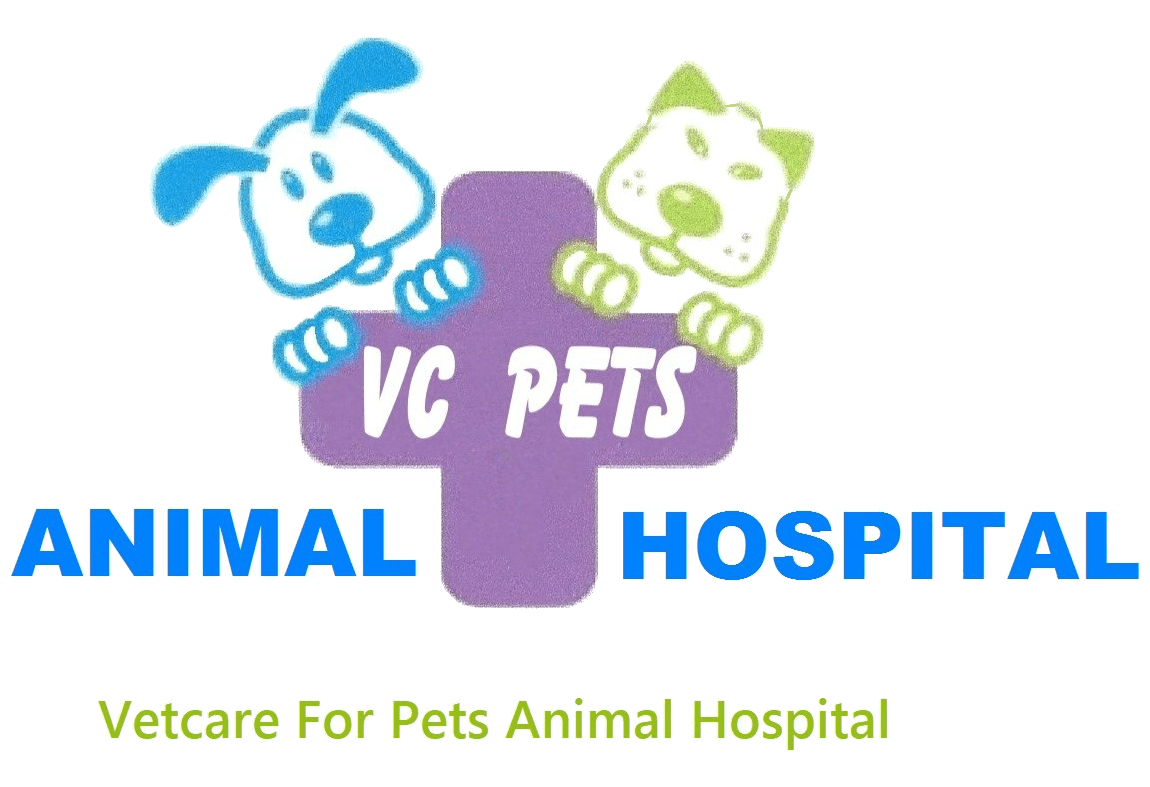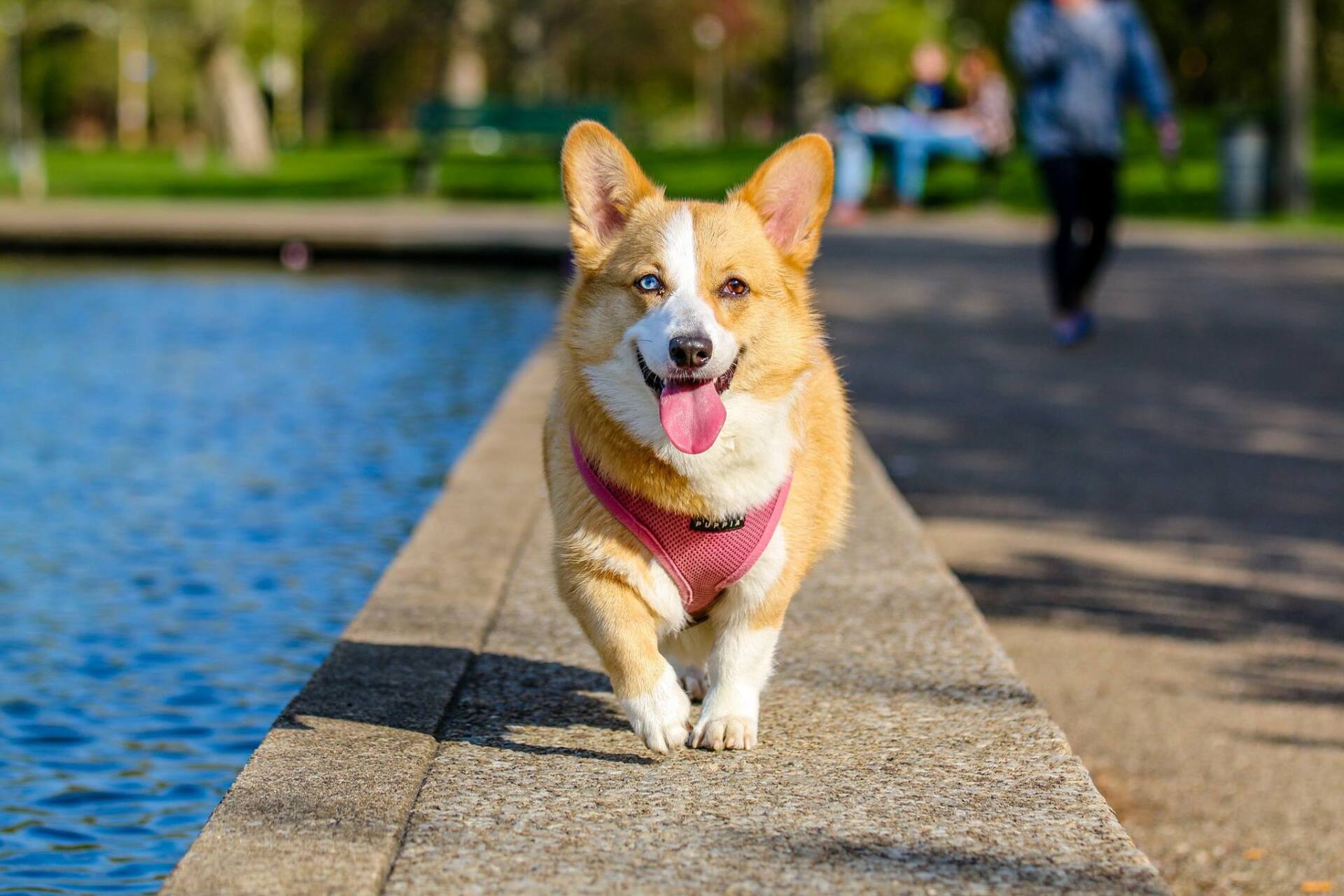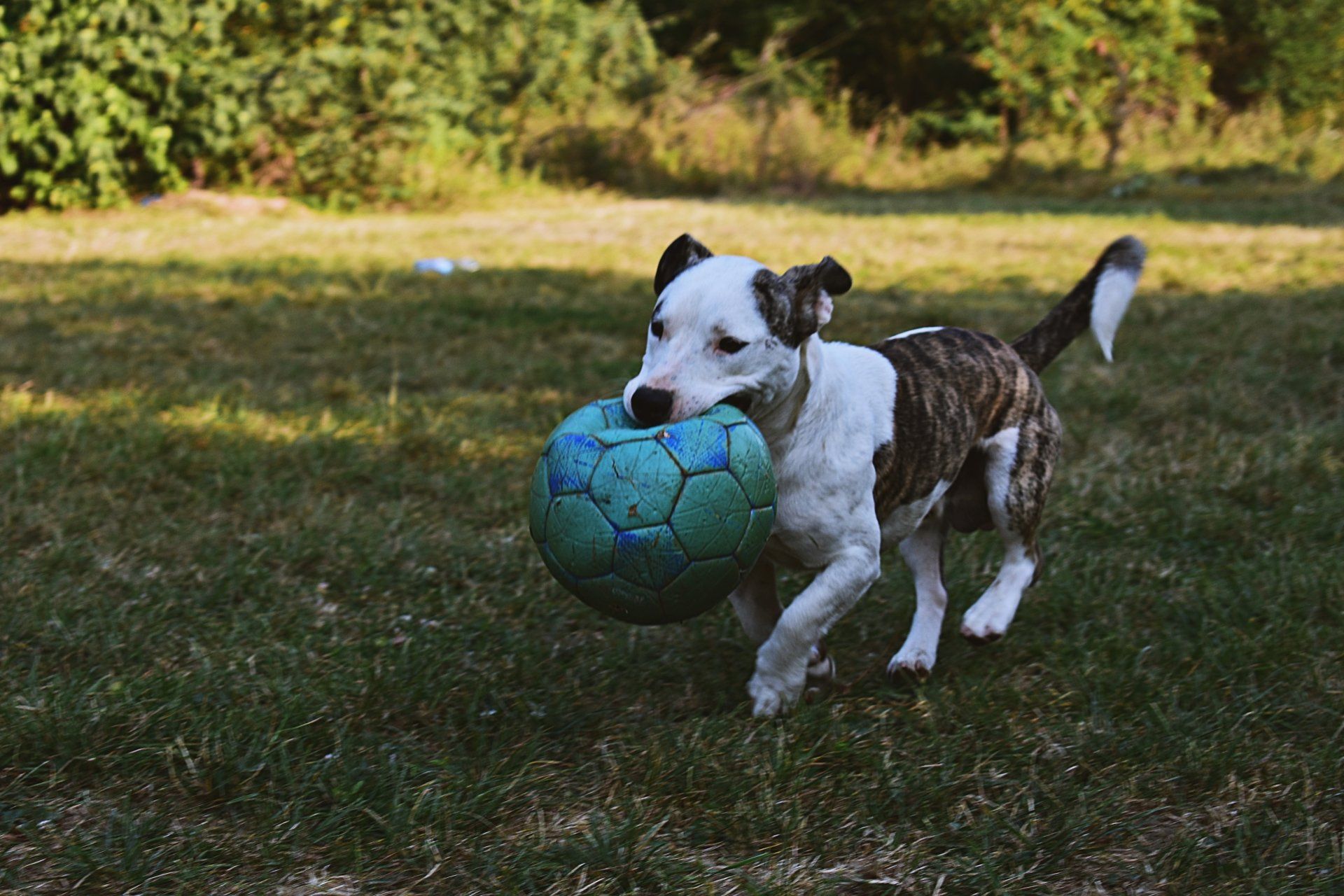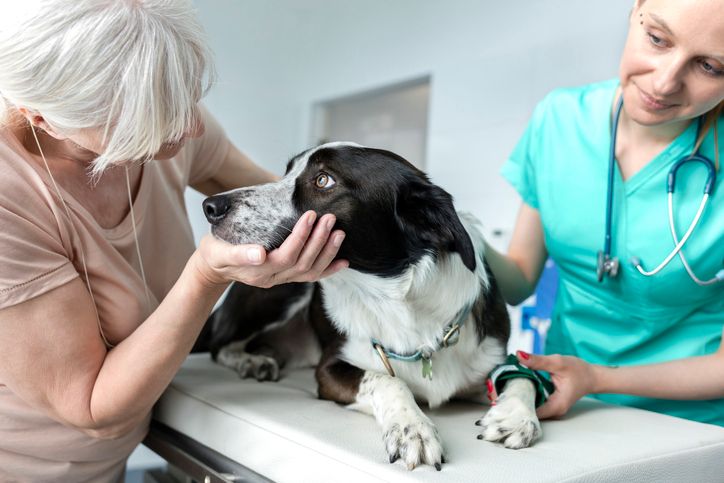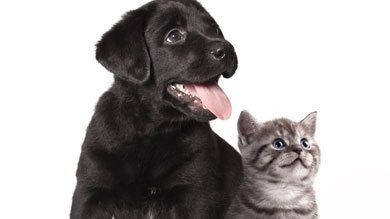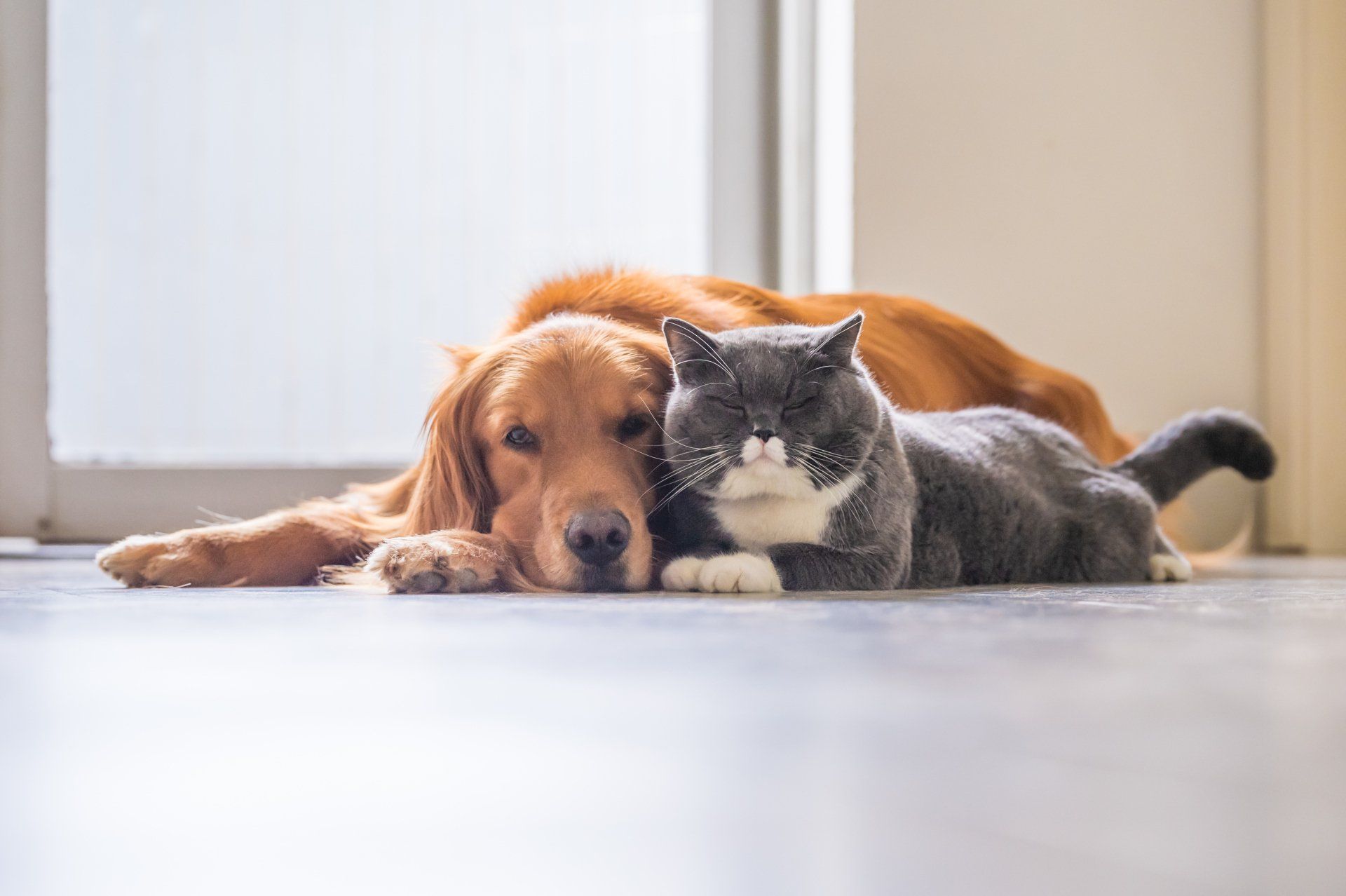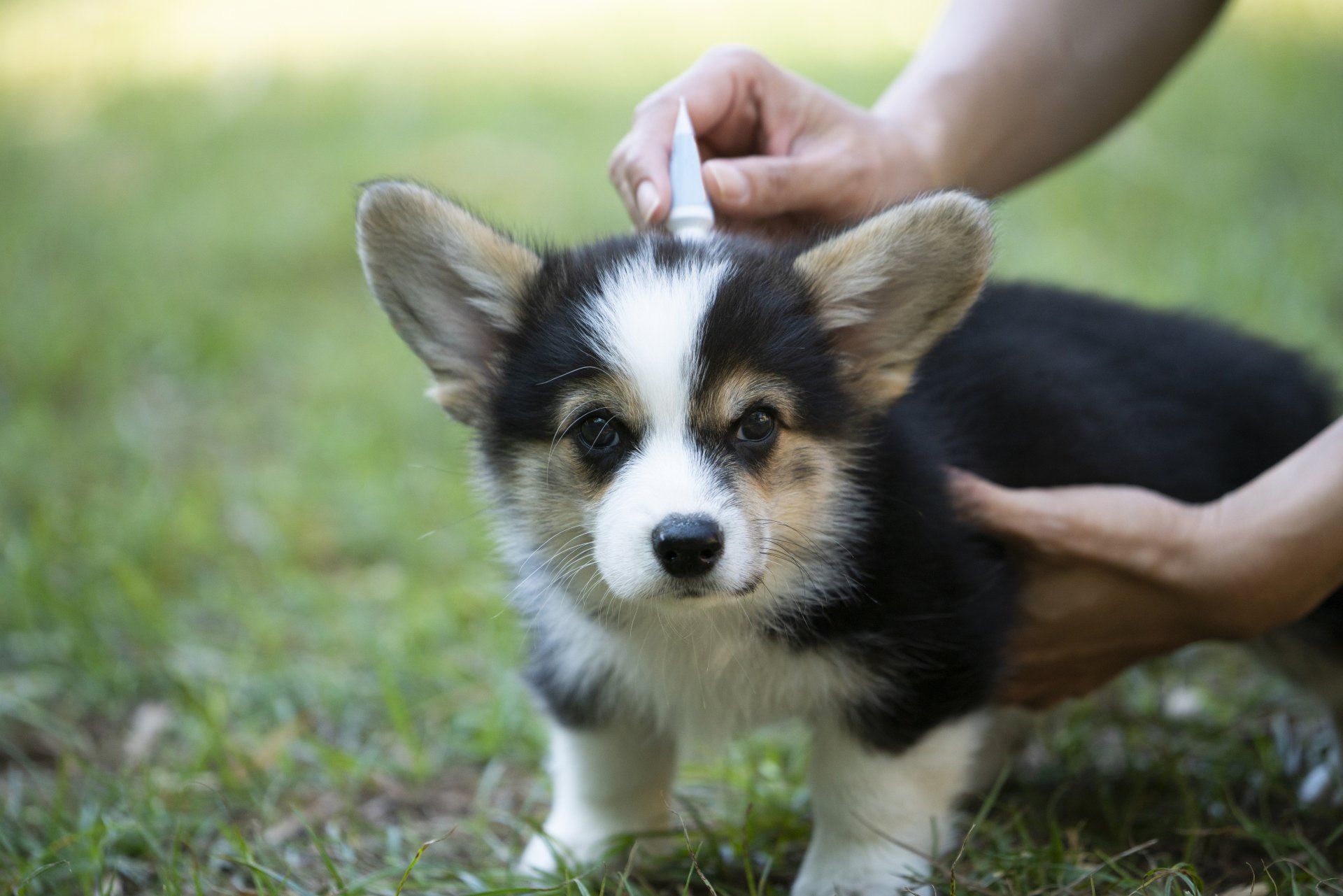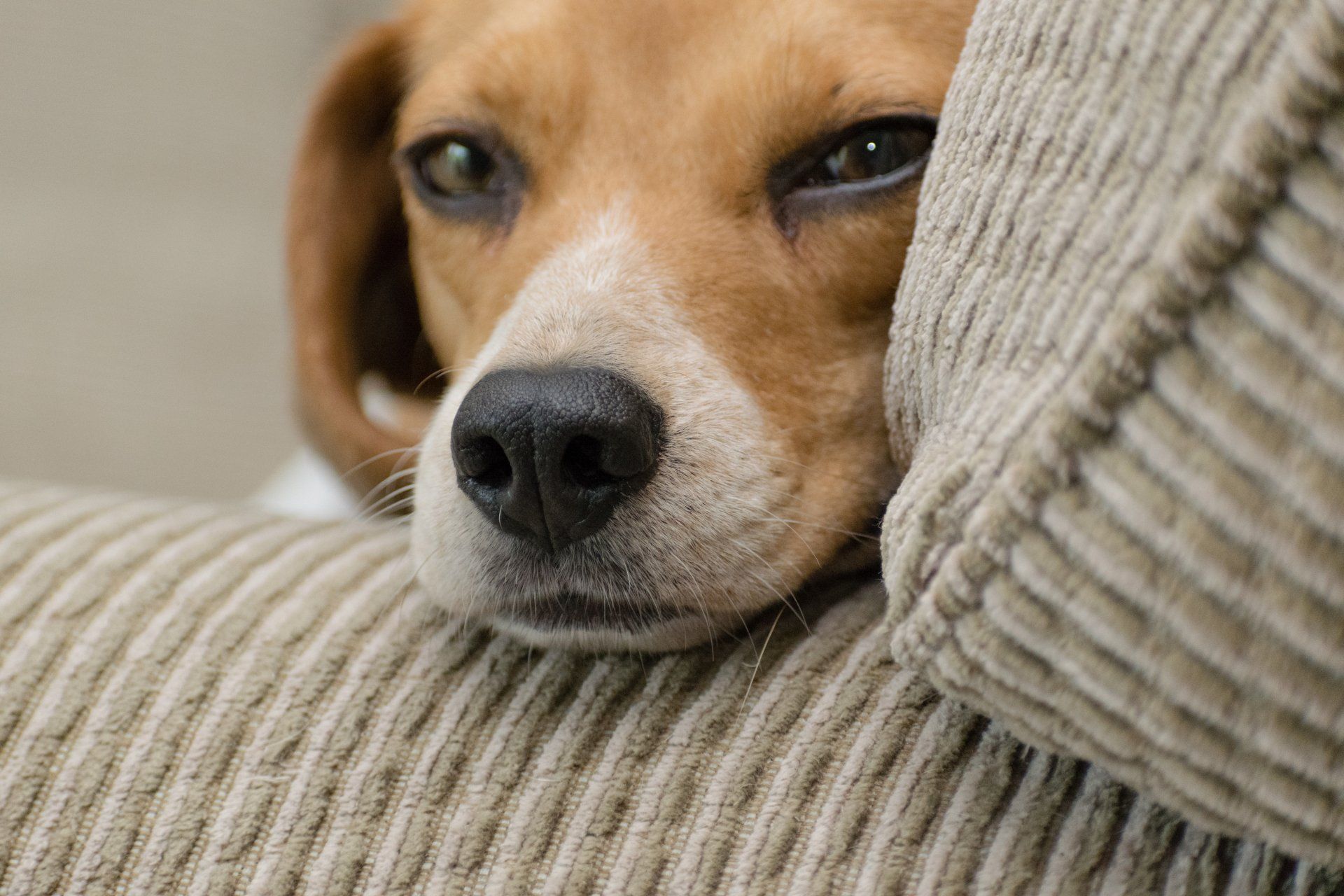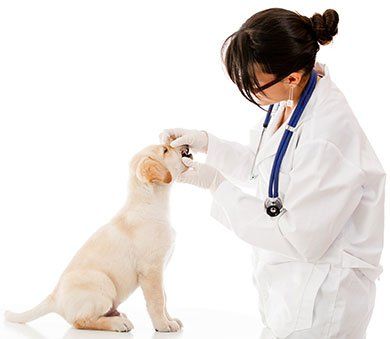PLEASE CALL FOR AN APPOINTMENT
Walk Ins Still Welcome
(910) 980-0692
Holiday Hazards: Keeping Your Pet Safe
How To Your Pets Safe & Healthy This Holiday Season
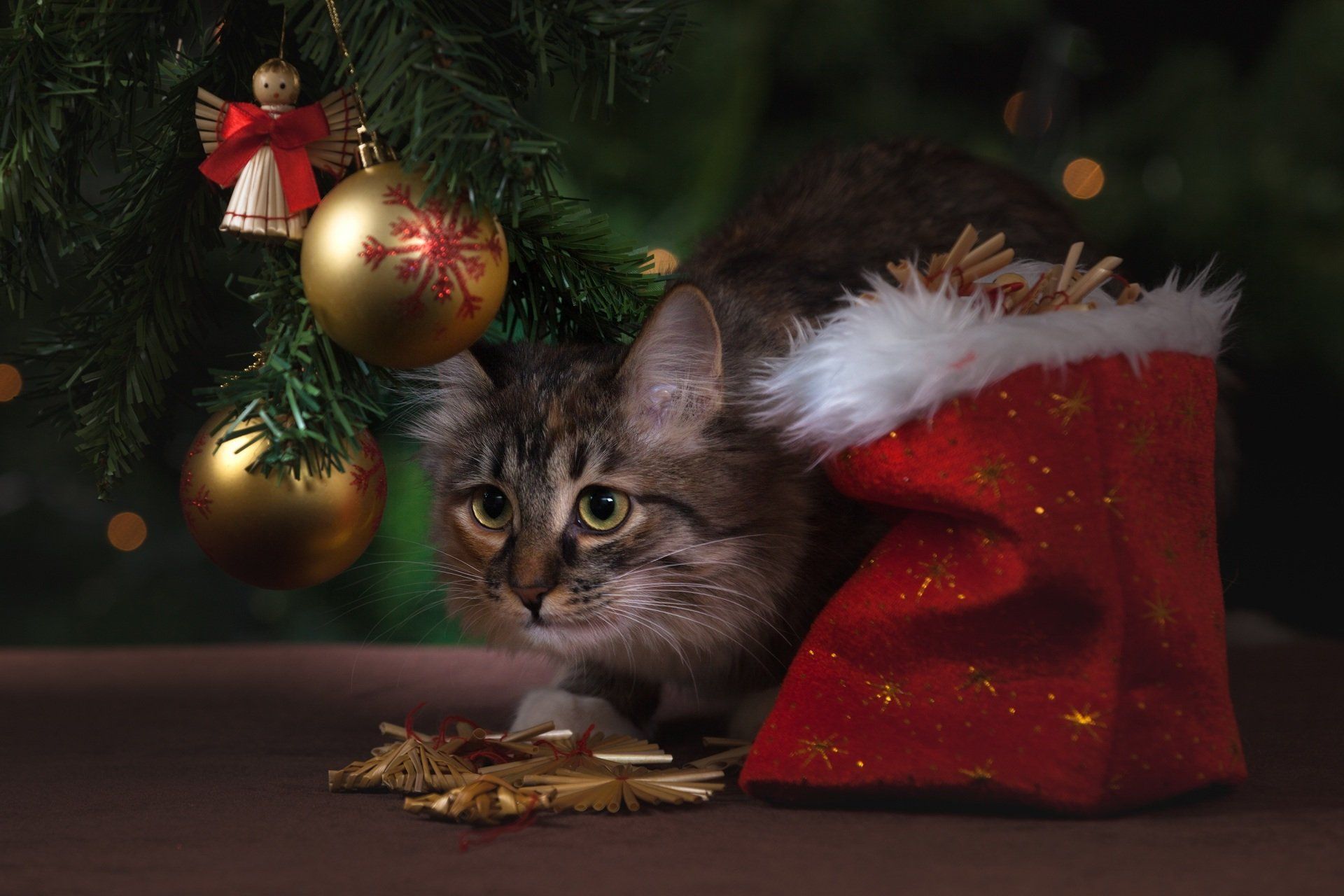
The holiday season is typically a fun time for all. These few months that are considered the “holiday season” are filled with lots of great food, time spent with family, fun decorations, time off from school or work, and so much more. What’s not to love about this thrilling time of year? Unfortunately, there may be a member of your home who is put at a greater risk for injury or illness during this time: your pet.
Sometimes the holiday season can become dangerous for pets. With all of the new foods, new environments, and new decorations, it is important to keep your home completely safe for your pets. Below are a few pet holiday hazards to be on the lookout for and how to avoid these hazards that could lead to a visit to the vet.
Decorations/Ornaments: While decorations and ornaments may be fun and whimsical for you, they could be a potential safety hazard for your pet. Pets can pull them down and eat them, which could lead to them getting sick, or when they pull on it, it could lead to them getting hit by the decoration which could lead to injury. So, it is important to leave these ornaments out of reach from your pets.
Food: Food is usually a very popular topic of discussion during the holiday season. However, in this instance, food may not be such a popular topic. During the holidays, there may be new foods that you don’t typically have around your home and you may be tempted to give these foods to your pets to try. Unfortunately, good foods for humans might not be so great for pets. Some foods to avoid include chocolates, anything with a bone still in it, uncooked dough, fat trimmings, turkey skin, etc. These types of foods can be a choking hazard for your pet or could make your pet very ill.
Seasonal Plants: Seasonal plants can also cause major issues for your pet. Examples of seasonal plants that are toxic for your pet to ingest include azaleas, holly, ivy, and mistletoe. Definitely take the time to keep these out of reach from your pet, as they can be harmful for pets to ingest.
Candles: Candles can be a great way to create a warm and cozy atmosphere during the holiday season. However, these small objects can cause major problems for you and your pet. If you leave your pet and the candle unattended, your pet could let their curiosity get the best of them and potentially burn themselves. Your pet could also accidentally knock the candle over and cause a major fire in your home. That is why it is always best to make sure to keep the candles away from your pet and to make sure they are not lit when you leave your home.
It is also extremely important that you express any concerns you have about your pet to any guests that you have so they can be sure to not give your pet anything that they aren’t supposed to have and so they can be careful not to leave anything that could be harmful for your pet laying around.
You definitely want to be able to enjoy your holiday season without having to worry about potentially putting your pet at risk. If you are in the Dunn, NC area and you ever find yourself needing an emergency veterinarian, turn to us at Vetcare for Pets Animal Hospital. We offer emergency veterinarian services so even when the unexpected happens you can count on us to get your pet feeling their best once again.
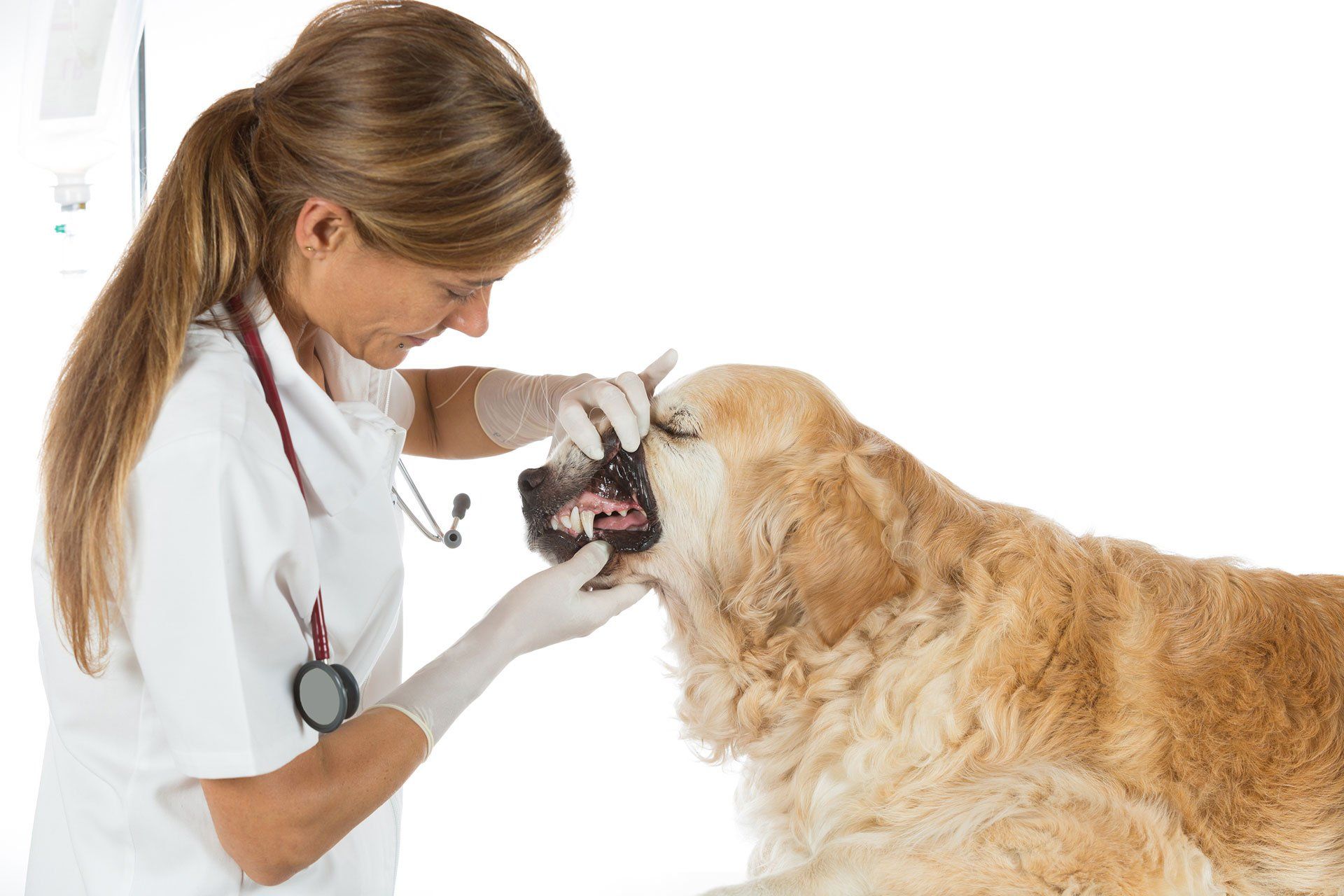
Vetcare for Pets Animal Hospital
1165 East Cumberland St
Dunn, NC 28334
(910) 980-0692
Follow Us
New Hours: M-TH 8a-5p, F 8a-7p, SAT 8a-2p, SUN -CLOSED
Dunn, NC | Fayetteville, NC | Smithfield, NC | Benson, NC | Clinton, NC

